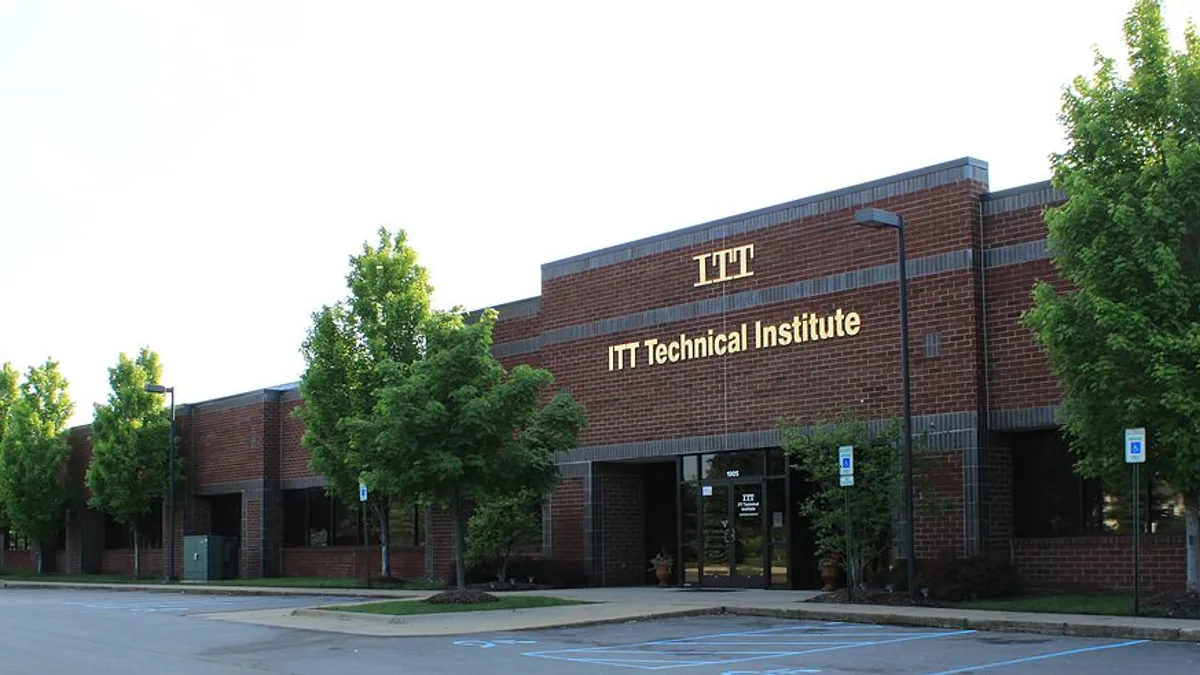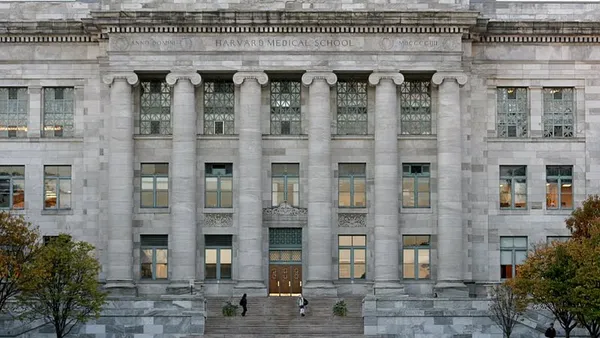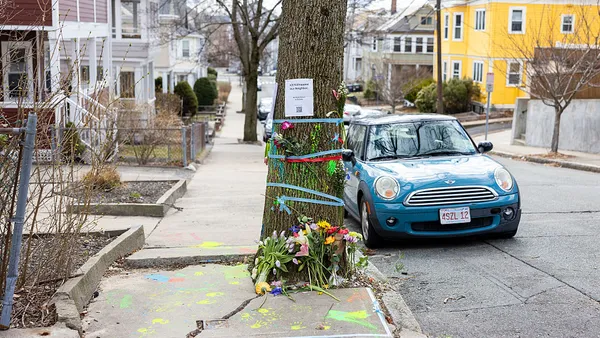Dive Brief:
- The U.S. Department of Education announced last week that it will no longer grant federal aid to students pursuing credits at ITT, the latest decision against the school and its accreditor to make an example of fraudulent, for-profit enterprises.
- Credits from ITT, which reduced its enrollment by 60% earlier this month with dramatic cuts to its marketing budget, are unlikely to be transferrable to other institutions, which would allow most of the 45,000 students it enrolled last year to recoup tuition money if the school closes.
- UPI reports that the Department of Ed is expecting ITT to produce a line of credit in excess of $200 million to continue receiving federal disbursements.
Dive Insight:
With every effort made against ITT and similar institutions, the regulatory culture grows against other institutions which may have undesirable financial outcomes or lagging connectivity with industrial trends. These schools are more than a pilot for policymaking on institutional closure, as they have numbers which all but prove fraudulent tactics to attract students. In fact, their downfall could be viewed as a case study on the public and financial reaction to the department pruning away institutions that it feels are dead leaves on the industrial vine.
Given the quick actions of the government against several for-profit institutions, what prevents the department from taking similar action against Bard College, which according to some reports insists on deficit spending to stay culturally solvent? Historically black colleges and other minority serving institutions and single-sex schools like Sweet Briar College may face the same fate in short order, not because they defraud students, but because they yield similar postgraduate outcomes.












